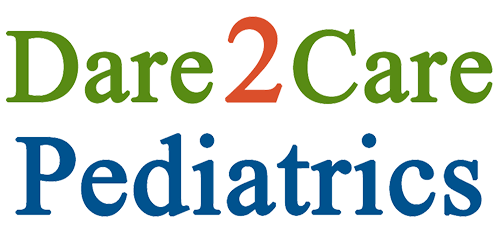The period before and after childbirth involves a range of physical, emotional, and lifestyle changes. Here’s a general overview of what to expect both pre and post-delivery:
Pre-Delivery (Pregnancy):
- Physical Changes:
- Body Changes: You may experience weight gain, changes in skin pigmentation, and alterations in hair and nail growth.
- Swelling: Edema or swelling, especially in the hands and feet, is common.
- Hormonal Fluctuations: Hormones like estrogen and progesterone increase, affecting mood and energy levels.
- Emotional Changes:
- Mood Swings: Hormonal changes can lead to mood swings and emotional ups and downs.
- Anticipation: Expect a mix of excitement, anxiety, and anticipation about the upcoming birth.
- Medical Check-ups:
- Regular prenatal check-ups are essential for monitoring the health of both the mother and the baby.
- Ultrasounds and other diagnostic tests help assess the baby’s development.
- Preparation:
- Attending prenatal classes to learn about labor, delivery, and postpartum care.
- Preparing the baby’s nursery and gathering necessary supplies.
Delivery:
- Labor:
- Contractions: Regular and increasingly intense contractions signal the onset of labor.
- Effacement and Dilation: The cervix thins (effacement) and opens (dilation) to allow the baby to pass through.
- Medical Support:
- Pain management options, including epidurals, may be discussed.
- Medical interventions, such as induced labor or Cesarean section, might be necessary in certain situations.
- Birth:
- The actual birth process varies but generally involves pushing and the baby’s passage through the birth canal.
Post-Delivery (Postpartum):
- Physical Recovery:
- Vaginal soreness or Cesarean incision pain.
- Postpartum bleeding (lochia) is normal as the uterus contracts back to its pre-pregnancy size.
- Breastfeeding:
- Engaging in breastfeeding may require patience and support.
- Learning to recognize hunger cues and establishing a feeding routine.
- Emotional Adjustments:
- Postpartum blues: Feelings of sadness, mood swings, and irritability are common and usually subside within a couple of weeks.
- Postpartum depression or anxiety may require professional intervention.
- Newborn Care:
- Adjusting to the demands of caring for a newborn, including feeding, diaper changes, and soothing techniques.
- Establishing a sleep routine for both the baby and the parents.
- Medical Follow-ups:
- Postpartum check-ups for the mother to monitor physical and emotional well-being.
- Newborn wellness checks with a pediatrician.
- Support System:
- Relying on friends, family, or support groups for assistance and emotional support.
Remember that every pregnancy and childbirth experience is unique, and it’s essential to communicate openly with healthcare providers and seek support from your loved ones during this transformative time.
Dare2Care Pediatrics plays a pivotal role in the post-delivery journey by offering comprehensive and compassionate care to newborns and their families. As a specialized pediatric practice, Dare2Care Pediatrics focuses on ensuring the optimal health and development of infants through attentive medical assessments and personalized care plans. The dedicated team of pediatricians at Dare2Care provides thorough postnatal examinations, assessing the newborn’s physical health, and growth milestones, and addressing any immediate concerns. Beyond medical check-ups, Dare2Care Pediatrics emphasizes family-centered care, actively engaging and supporting parents in the early stages of parenthood. The practice goes above and beyond, offering educational resources and guidance on crucial aspects such as feeding, sleep routines, and overall infant well-being. By fostering a supportive environment, Dare2Care Pediatrics aims to empower parents with the knowledge and confidence needed to nurture a healthy and happy start for their precious little ones.





